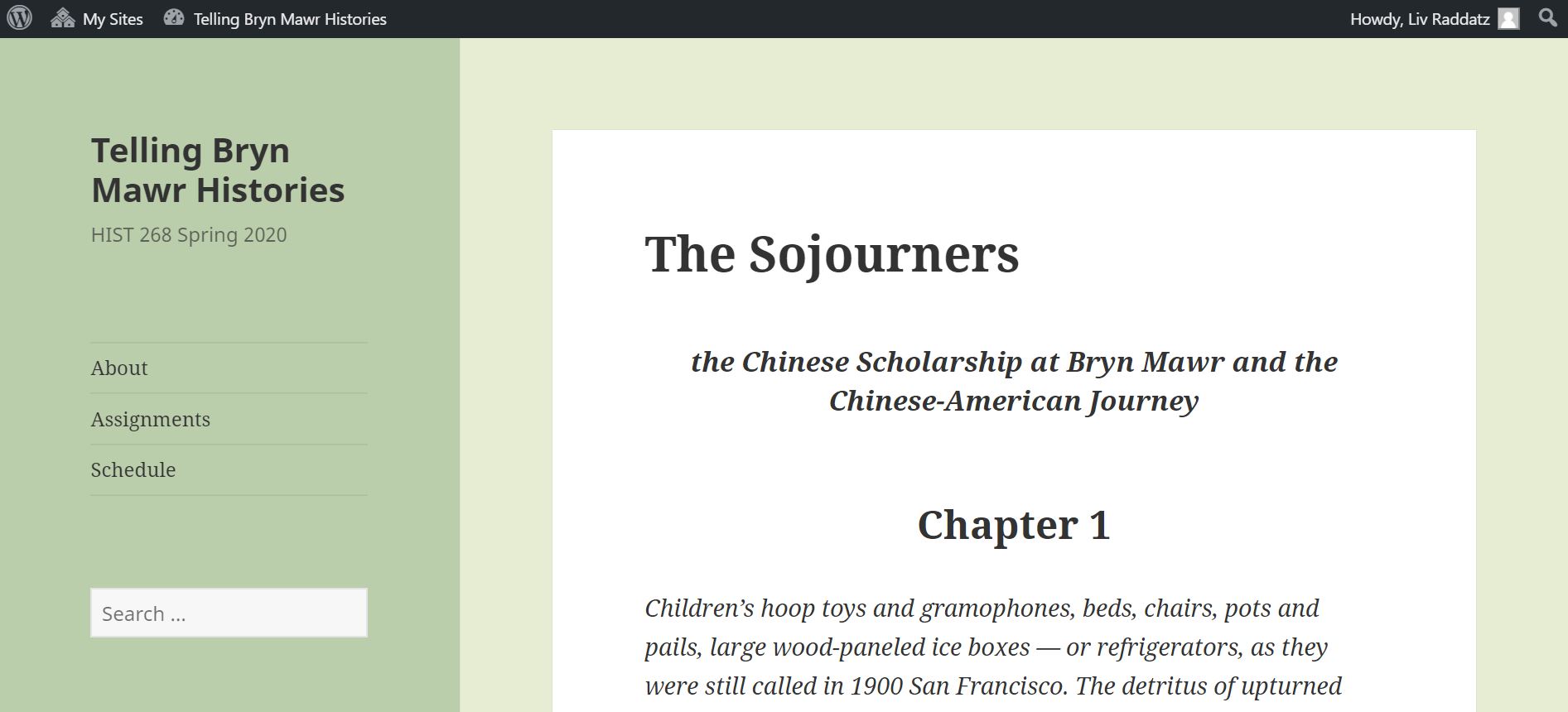Professor: Amanda Weidman
Course Description:
Though language permeates every aspect of our lives, most of the time we take it for granted. The goal of this course was to develop an awareness of how language operates in various everyday interactional contexts. The course focused on gaining hands-on experience in doing linguistic anthropological data collection and analysis. Students worked individually and collaboratively, on topics including: language and gender; language and social stereotypes; sociolinguistic variation; codeswitching; and register.
For the Praxis component of the course, the class worked with a city-based high school language arts teacher to design a lesson and project for a high school language arts class that incorporates linguistic-anthropological concepts and student-driven research on language. The purpose of this was to move beyond the prescriptive approach to language commonly taken at the high school level, toward a more descriptive, ethnographic approach that acknowledges the competence and creativity that all speakers possess.
Class Project: “Youth Language Project”
The class didn’t get to work with the high school students as planned because of restrictions around COVID-19, but they did prepare a lesson plan and guidelines for a project called the “youth language project,” in which the high school students were to collaboratively choose a current colloquial term or expression and ethnographically document the contexts in which they hear it used.
Please see students’ lesson plan presentation below:
Intro to Ling Anthro & Important ConceptsPlease click here to access a PDF version of the lesson plan.
To access the assignment guide for the group project on youth language, please click here.
The Bi-Co students also did this project, which resulted in two fascinating collaborative projects, one on the expression “you’re valid” (by Neal Kelso, Nuria Benitez, Miles Salisbury, Kayla Thompson, and Aradia Jinsi):
ANTH246 Valid PresentationPlease click here to access a PDF version of the presentation.
And another one on the Chinese (Mandarin) expression “xiao shan nu” (by Yupeng Wu, Mia Ng, and Sallina Yang):
ANTH B246 Little Fairy PresentationPlease click here to access a PDF version of the presentation.
Final Ethnographic Student Projects:
In the second half of the semester, students worked on individual ethnographic projects which involved close attention to language use. Some of these included:
- Miles Salisbury, BMC ’22 “The Transgender Coming Out Narrative Genre on YouTube”
-
‘Coming Out Videos’ represent a genre of YouTube that has been steadily growing since the early 2000s. These videos are very popular amongst young LGBTQ viewers for their vulnerability and honest perspective on gay life and the process of coming out. Distinct from the narratives of gay, lesbian, and bisexual people, coming out videos and vlogs made by transgender individuals detail the speaker’s acceptance of their (trans) identity and the process of their social and physical transitions, and conclude direct addresses to their viewers. I transcribed portions of five Coming Out Videos and four ‘Transition Vlogs’ to explore the ways in which the vocabulary, emphasis, perspective, and narrative structures are used by these YouTubers to affirm and/or defy contemporary social norms and expectations of transgender identity.
-
- Nuria Benitez HC ’22 “Casual Codeswitching: Language Choice in Philippine President Duterte’s National Speeches”
- Mia Ng BMC ’22 “Language and Gender: Become a Man and Seize the Power”
- Neal Kelso, HC ’20 “Constructing Voice and Narrative in a Time of Pandemic”
- Sallina Yang, BMC ’23 “Codeswitching between Dialects in a Chinese Family”

